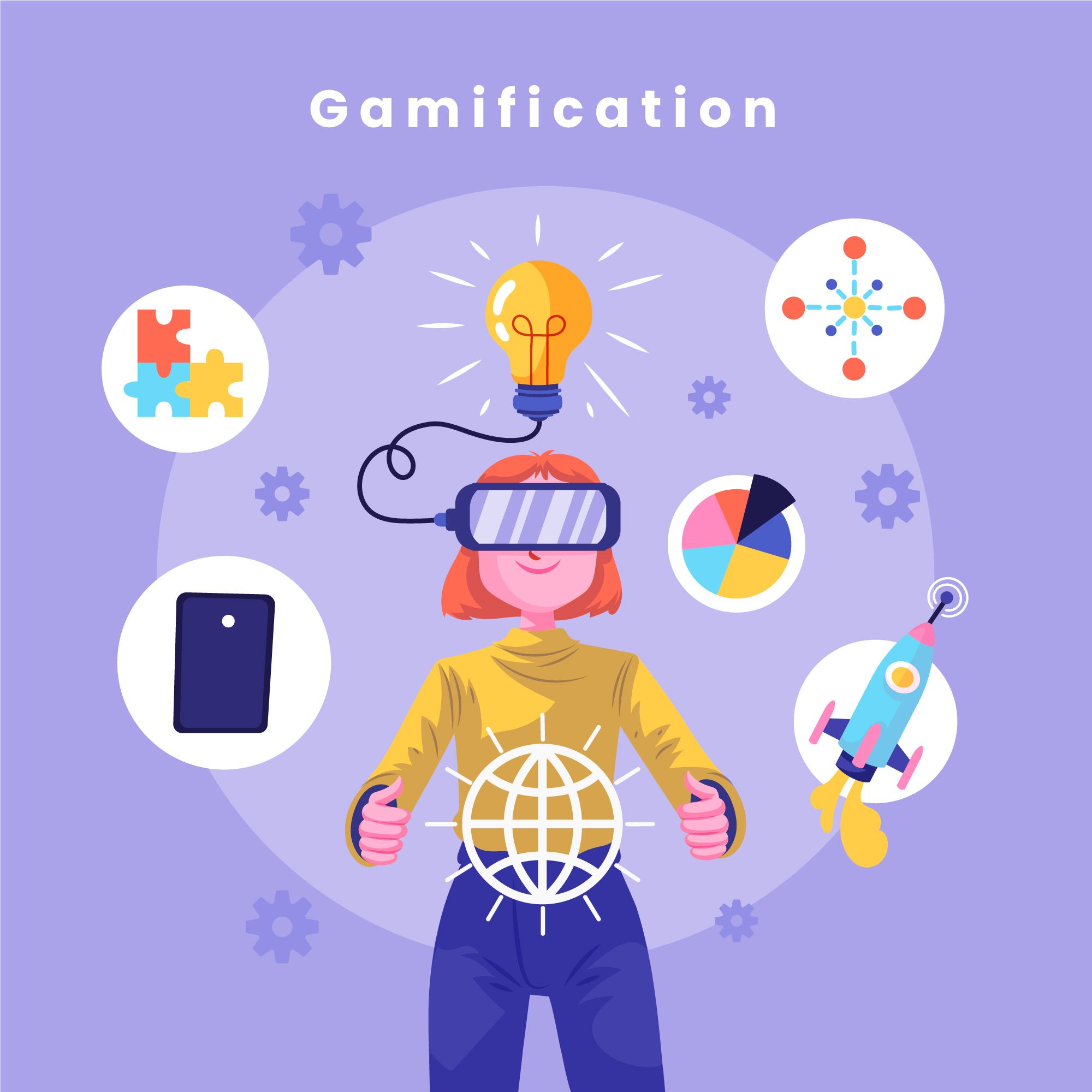What is Your Take On Rewards And Their Role In Attracting And Retaining People?

Photo Source: Alan Cleaver
In HR Talk, we pick one human resources (HR) related topic each week, and gather a few HR experts to share their opinions on it. If you have any questions about the HR industry, send them to us at mystarjob@leaderonomics.com and we will get our panel of experts to answer them.
This week’s topic:
“What is your take on rewards and their role in attracting and retaining people?”
LEE SOO FERN – Malaysia talent leader, EY
I believe employee rewards are a powerful means by which employers can demonstrate their value and appreciation of their people’s talent, knowledge, skills and contribution to an organisation.
They are highly effective and strategic tools in attracting and retaining the right and best people in an organisation.
Employee rewards help motivate people to stretch themselves and inspire them to do more. They also reinforce the values, behaviour and outcomes an organisation wants its people to achieve.
People have different needs, priorities and aspirations. Money is not the only factor that motivates people to work and remain in a particular organisation.
In my experience, employees will be attracted to and will stay with an organisation that can help them achieve their professional and personal goals, that can provide them a host of “rewards” beyond a monthly salary.
These include greater responsibilities and growth, exposure, recognition, empowerment, flexibility, work-life balance, learning and development opportunities.
In today’s “war” for the best and brightest talents, organisations are greatly challenged to tailor and innovate their reward strategy such that it balances the different personalities, interests and motivations of their talent pool with the business strategies and goals of the organisation.
Ultimately, employee rewards are only as effective as how they are conceived, designed and implemented. It is important that employee rewards are well-aligned to the needs of both the organisation and its people, and that they are communicated and practised in a transparent and effective manner.
KENNETH HO – Location HR leader – Malaysia & Brunei
IBM It is very important to reward and recognise employees. It helps employees become more engaged, which then results to a more dedicated and productive workforce, which in turn translates to more satisfied clients and significantly better business results.
There are a lot of ways to reward and recognise employees and it is clearly not just by means of giving them money.
It could be as simple as sincerely saying “Thank you” to team members who have done well and recognise them using your company’s intranet or via email distribution.
At IBM, we have a suite of rewards and recognition programmes that enables every IBMer to express daily recognition and thanks to their peers and bosses, managers to provide monthly/quarterly recognition for high performers, and an annual corporate award programme to recognise the best of the best IBMers.
The rewards are not always monetary – it could be in the form of additional time off, luncheon/dinner with bosses and teams, earning points in our online recognition center where they can redeem items that are meaningful to them including travel packages, etc.
NIKKI GRANT-COOK – Country human resources director, Citibank Malaysia
At Citi Malaysia, employee rewards extend beyond the monthly salary to an overall employee value proposition that attracts and retains talent through People Development, our support of Dynamic Careers, and the facilitation of Work-Life Integration and an Optimal Working Environment.
Citi is the only bank ranked in the Top 20 by Hay Group’s Annual Exclusive List of Best Companies for Leadership.
Our 11,000 sq ft Citi Learning and Development Centre signifies our significant investment on development. Additional investment has been placed in our top performers via the LEAD (Leadership Enhancement & Accelerated Development) talent programme, which provides customised training; cross-business team projects; networking opportunities with seniors; mentoring relationships and HR-monitored Individual Development Planning (IDP) sessions.
Our Management Associate (MA) programmes mould top graduates into leadership pipeline for the company through structured rotational assignments designed to build business knowledge and leadership skills.
Citi pioneered 90 days maternity leave in the banking landscape back when 60 days was the industry norm. Citi was also the first bank to launch a dedicated, subsidised childcare facility for children of our employees – the 5200 sq ft CitiKids Care Centre located adjacent to Menara Citibank in Kuala Lumpur, set up in collaboration with a leading pre-school group, Peter and Jane Childcare.
Our employees continue to be eligible for birthday leave so they can enjoy the day with family and friends. Our flexi-work arrangements allow employees to integrate personal and business objectives while continuing to have meaningful career opportunities.
We prioritise employee well-being through Citi Live Well initiatives focusing on both mental and physical well being.
We have an Employee Assistance Program (EAP) that provides free professional counseling on issues including but not limited to: stress (both work/personal), interpersonal relationships, family issues, grief and loss, overcoming addictions and work-life balance.
Citi also funds fun activities e.g. movie days and teambuilding trips, specifically to enhance rapport and camaraderie among our Citi employees.
Click here for more articles!
Functional
This article is published by the editors of Leaderonomics.com with the consent of the guest author.





